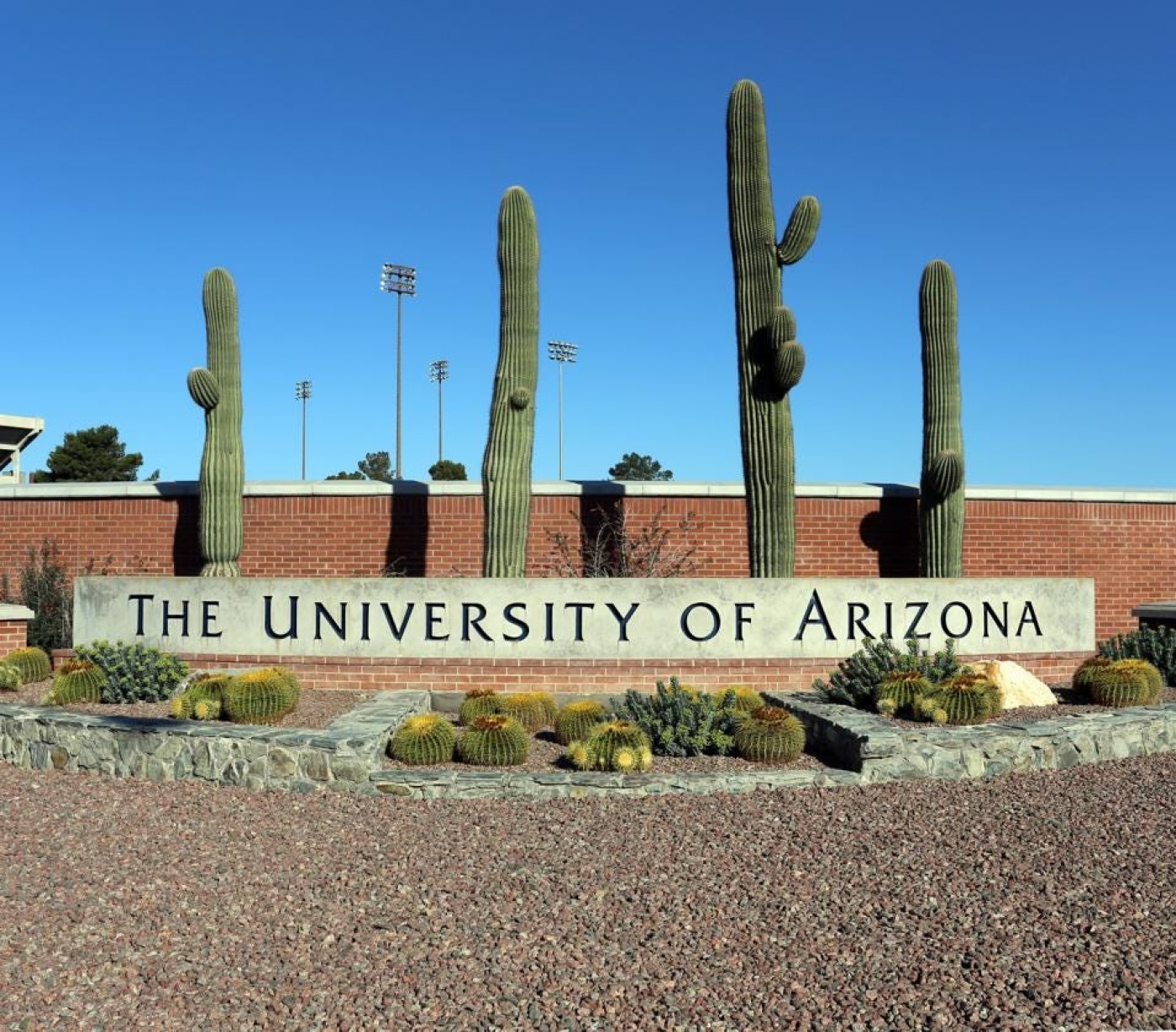
Home > Study in USA > INTO Group - The University of Arizona > Bachelor of Arts in Journalism with Emphasis in Broadcast Journalism
Bachelor of Arts in Journalism with Emphasis in Broadcast Journalism
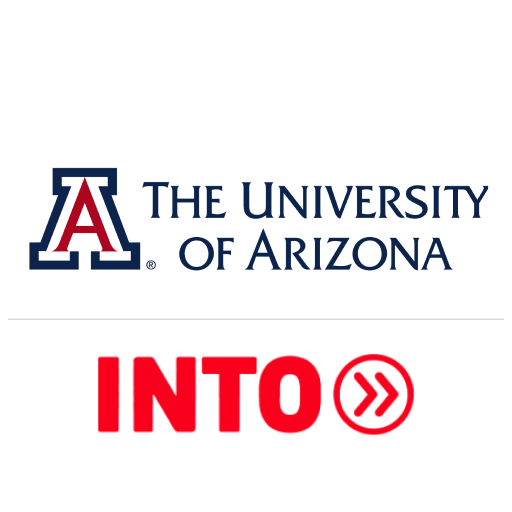 INTO Group - The University of Arizona, USA
INTO Group - The University of Arizona, USA

USD 39600
Annual Tuition Fee

USD 85
Application Fee

48 months
Duration

6
IELTS

70
TOEFL

60%
Min GPA
Program Overview
As a journalist, you'll be at the forefront of a rapidly changing world that relies on a news cycle that runs 24/7. Journalism teaches the ins and outs of researching and reporting the news. The Bachelor of Arts in Journalism with an emphasis in Broadcast Journalism focuses on reporting the news for radio, television and multimedia outlets. The program of study touches on important aspects of journalism such as law and ethics before diving into hands-on learning. Broadcast majors write, report, fact-check, shoot, produce and edit hard-news features and in-depth stories for broadcast and the web, culminating in quality news reports that can be included on reels to share with prospective employers. Electives in digital media, such as drone videography or mobile app development, can further prepare students for this ever-evolving field. A second major or a minor in a specialized field, such as political science, religion or Middle Eastern studies, is required.
Learning Outcomes
- Critical Thinking; The student will recognize and describe the ways in which political, economic, cultural, and social factors influence, and are influenced by, the information that the news media present. The student will demonstrate creativity and independence in reporting and writing.
- Diversity; The student will demonstrate an ability to work as a journalist serving diverse, communities in a global society, including the complexities of gender, race, ethnicity, sexual orientation, socio-economic status, and other forms of diversity. The student will demonstrate an understanding of the digital divide at home and globally.
- Ethics; The student will apply ethical principles in work, whether professional or academic, and work ethically in pursuit of truth, accuracy, fairness, and diversity. The student will describe the philosophical foundations of ethical decision-making.
- Independence; The student will apply the principles of freedom of speech and the press, and explain how these principles include the rights to monitor and criticize those in power, as well as to dissent.
- Law; The student will recognize the legal frameworks in which the rights and responsibilities of the press have evolved in the United States and countries around the world and will be able to cite national constitutions, case law, statutes, policies, and international laws, as well as the social, political, and cultural contexts of those frameworks.
- Numeracy; The student will be able to perform basic mathematical computations, evaluate statistical data, including public opinion polls, and detect innumeracy in the work of others.
- Research; The student will effectively gather and critically evaluate information through interviews, observation, public records, and other methods central to journalism.
- Role of the press; The student will be able to describe the role of the press in a democracy, as well as the historical and contemporary relationships among the press, the public and the government. The student also will be able to articulate the relevance of journalism to individuals, institutions and society.
- Technology; The student will demonstrate knowledge of software for video, photographic, and online storytelling, as well as other technologies used by the profession. The student will be able to describe the relationship among journalism, information technology, and society, and the ways in which technological developments affect the content and dissemination of news.
- Theory; The student will be able to describe fundamental communications theories as they relate to the use and presentation of information and images.
- Writing; The student will show that he or she writes correctly and clearly with attention to style, spelling and grammar, as well as clarity, accuracy and fairness.
Additional Information
Program Level 4-Year Bachelor's Degree
College/University Processing Time 42 Days
Program Format Full-Time
Optional Practical Training (OPT) 
General Admission Requirement
Academic Requirement
- Minimum Level of Education Required: To be accepted into this program, applicants must have Grade 12 / High School Diploma.
Similar Programs
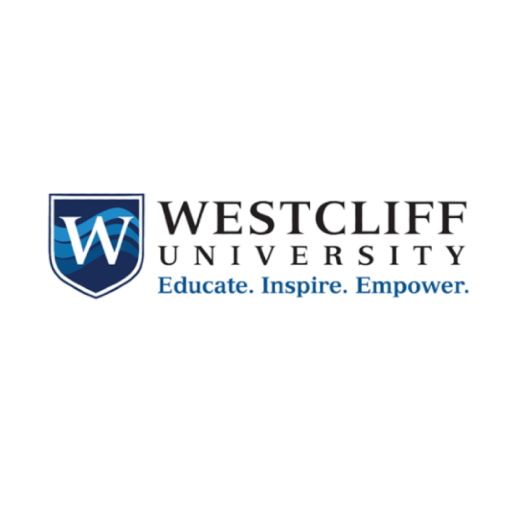

Westcliff University - Irvine Campus
Intake Sep 2025, Oct 2025, Jan 2026
Jan 2025, Mar 2025, May 2024, May 2025, Jun 2025, Jul 2024, Sep 2024, Oct 2024

Application Fee

Duration
Test Score
5.5
IELTS
60
TOEFL
50
Min GPA


Westcliff University - Irvine Campus
Intake Oct 2025
Jan 2025, May 2024, Jul 2024, Oct 2024, Sep 2024, Mar 2025, May 2025, Jun 2025

Application Fee

Duration
Test Score
5.5
IELTS
60
TOEFL
50
Min GPA


Westcliff University - Irvine Campus
Intake Sep 2025, Oct 2025, Jan 2026
Jan 2025, Mar 2025, May 2024, May 2025, Jun 2025, Jul 2024, Sep 2024, Oct 2024

Application Fee

Duration
Test Score
5.5
IELTS
60
TOEFL
50
Min GPA


Westcliff University - Irvine Campus
Intake Sep 2025, Oct 2025, Jan 2026
Jan 2025, May 2024, Jul 2024, Oct 2024, Sep 2024, Mar 2025, May 2025, Jun 2025

Application Fee

Duration
Test Score
5.5
IELTS
60
TOEFL
50
Min GPA


Westcliff University - Irvine Campus
Intake Sep 2025, Oct 2025, Jan 2026
Jan 2025, May 2024, Jul 2024, Oct 2024, Sep 2024, Mar 2025, May 2025, Jun 2025

Application Fee

Duration
Test Score
5.5
IELTS
60
TOEFL
50
Min GPA


Westcliff University - Irvine Campus
Intake Sep 2025, Oct 2025, Jan 2026
Jan 2025, May 2024, Jul 2024, Oct 2024, Sep 2024, Mar 2025, May 2025, Jun 2025

Application Fee

Duration
Test Score
5.5
IELTS
60
TOEFL
50
Min GPA


Westcliff University - Irvine Campus
Intake Sep 2025, Oct 2025, Jan 2026
Jan 2025, May 2024, Jul 2024, Oct 2024, Sep 2024, Mar 2025, May 2025, Jun 2025

Application Fee

Duration
Test Score
5.5
IELTS
60
TOEFL
50
Min GPA


Westcliff University - Irvine Campus
Intake Sep 2025, Oct 2025, Jan 2026
Jan 2025, May 2024, Jul 2024, Oct 2024, Sep 2024, Mar 2025, May 2025, Jun 2025

Application Fee

Duration
Test Score
5.5
IELTS
60
TOEFL
50
Min GPA


Westcliff University - Irvine Campus
Intake Sep 2025, Oct 2025, Jan 2026
Jan 2025, Mar 2025, May 2024, May 2025, Jun 2025, Jul 2024, Sep 2024, Oct 2024

Application Fee

Duration
Test Score
5.5
IELTS
60
TOEFL
50
Min GPA


Westcliff University - Irvine Campus
Intake Sep 2025, Oct 2025, Jan 2026
Jan 2025, Mar 2025, May 2024, May 2025, Jun 2025, Jul 2024, Sep 2024, Oct 2024

Application Fee

Duration
Test Score
5.5
IELTS
60
TOEFL
50
Min GPA


Westcliff University - Irvine Campus
Intake Sep 2025, Oct 2025, Jan 2026
Jan 2025, Mar 2025, May 2024, May 2025, Jun 2025, Jul 2024, Sep 2024, Oct 2024

Application Fee

Duration
Test Score
5.5
IELTS
60
TOEFL
50
Min GPA


Westcliff University - Irvine Campus
Intake Sep 2025, Oct 2025, Jan 2026
Jan 2025, Mar 2025, May 2024, May 2025, Jun 2025, Jul 2024, Sep 2024, Oct 2024

Application Fee

Duration
Test Score
5.5
IELTS
60
TOEFL
50
Min GPA


Westcliff University - Irvine Campus
Intake Sep 2025, Oct 2025, Jan 2026
Jan 2025, Mar 2025, May 2024, May 2025, Jun 2025, Jul 2024, Sep 2024, Oct 2024

Application Fee

Duration
Test Score
5.5
IELTS
60
TOEFL
50
Min GPA


Westcliff University - Irvine Campus
Intake Sep 2025, Oct 2025, Jan 2026
Jan 2025, Mar 2025, May 2024, May 2025, Jun 2025, Jul 2024, Sep 2024, Oct 2024

Application Fee

Duration
Test Score
5.5
IELTS
60
TOEFL
50
Min GPA


Westcliff University - Irvine Campus
Intake Sep 2025, Oct 2025, Jan 2026
Jan 2025, Mar 2025, May 2024, May 2025, Jun 2025, Jul 2024, Sep 2024, Oct 2024

Application Fee

Duration
Test Score
5.5
IELTS
60
TOEFL
50
Min GPA


Westcliff University - Irvine Campus
Intake Sep 2025, Oct 2025, Jan 2026
Jan 2025, Mar 2025, May 2024, May 2025, Jun 2025, Jul 2024, Sep 2024, Oct 2024

Application Fee

Duration
Test Score
5.5
IELTS
60
TOEFL
50
Min GPA


Westcliff University - Irvine Campus
Intake Sep 2025, Oct 2025, Jan 2026
Jan 2025, Mar 2025, May 2024, May 2025, Jun 2025, Jul 2024, Sep 2024, Oct 2024

Application Fee

Duration
Test Score
5.5
IELTS
60
TOEFL
50
Min GPA


Westcliff University - Irvine Campus
Intake Sep 2025, Oct 2025, Jan 2026
Jan 2025, Mar 2025, May 2024, May 2025, Jun 2025, Jul 2024, Sep 2024, Oct 2024

Application Fee

Duration
Test Score
5.5
IELTS
60
TOEFL
50
Min GPA


Westcliff University - Irvine Campus
Intake Sep 2025, Oct 2025, Jan 2026
Jan 2025, Mar 2025, May 2024, May 2025, Jun 2025, Jul 2024, Sep 2024, Oct 2024

Application Fee

Duration
Test Score
5.5
IELTS
60
TOEFL
50
Min GPA


Westcliff University - Irvine Campus
Intake Sep 2025, Oct 2025, Jan 2026
Jan 2025, Mar 2025, May 2024, May 2025, Jun 2025, Jul 2024, Sep 2024, Oct 2024

Application Fee

Duration
Test Score
5.5
IELTS
60
TOEFL
50
Min GPA
Tuition Fee
The values given below are estimated figures, excluding extra charges like material fee, student activity fees, athletic fees, health care, etc., for courses. To know more, please visit the Programs page.
Average Tuition Fee Per Year
39600
Tuition Fee
(USD)
USD 85
Application Fee
(USD)
13000 Per year
Average Cost of Living
(USD)
The living costs include the total expenses per month, covering accommodation, public transportation, utilities (electricity, internet), books and groceries.
Check program website for more information about funding options.
Scholarships
Scholarship Information
First-year Global Wildcat Award $4,000-$20,000 per year
- 3.0+ GPA
- Full-time enrollment
- All applicants automatically considered
- Scholarships are renewable with good academic standing
Transfer Global Wildcat Award $2,500-$10,000 per year
- 3.0+ GPA
- Students participate in the Phi Theta Kappa Honor Society at a U.S. community or junior college are eligible for an additional $3,000.
- Undegraduate transfer students who earn 12 or more transferable units taken at a non- US college or university or at a US junior college or community college are eligible for these awards.
Amount/ Range:
- First-year Global Wildcat Award - $4,000 - $20,000 per year
- Transfer Global Wildcat Award - $2,500 - $10,000 per year
Not sure what you are looking for?
Don’t worry, we are here to help.
Popular Universities to Study Abroad
World class education waiting for you.
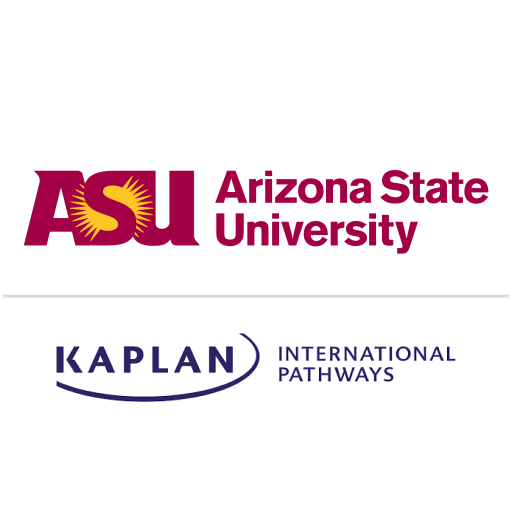
Arizona, USA • 334 Programmes
Tuition Fee : USD 31200 - 33000 / year
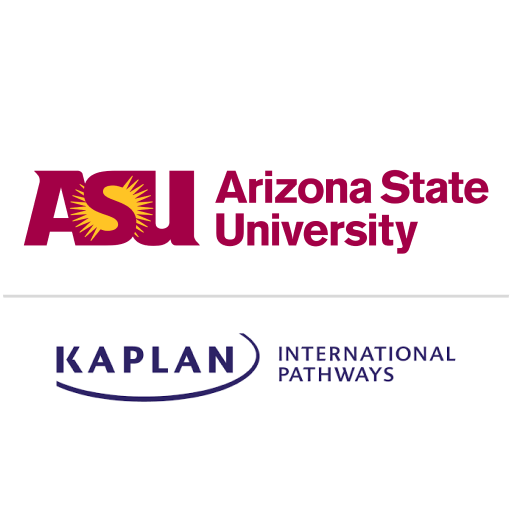
Arizona, USA • 91 Programmes
Tuition Fee : USD 31200 - 33000 / year
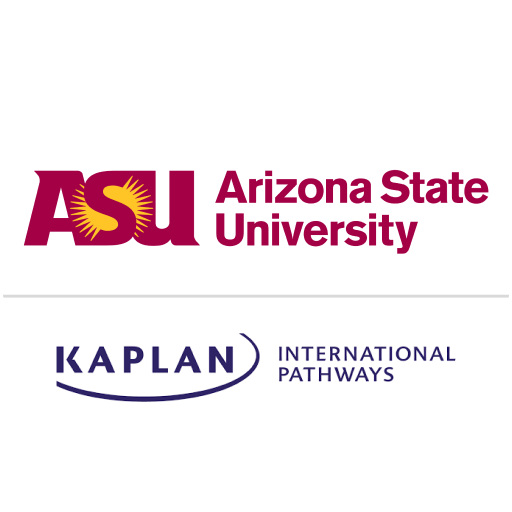
Arizona, USA • 114 Programmes
Tuition Fee : USD 31200 - 33000 / year
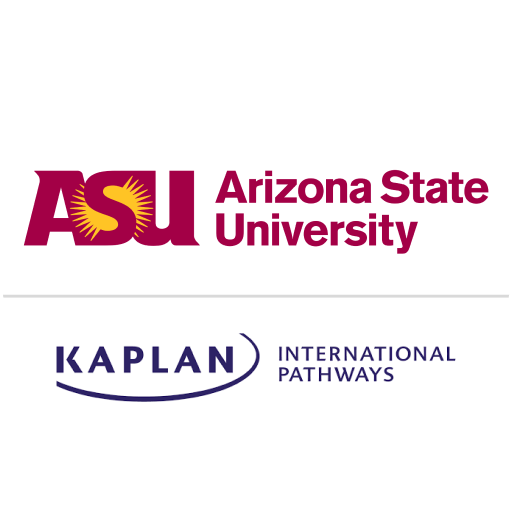
Arizona, USA • 98 Programmes
Tuition Fee : USD 31200 - 33000 / year
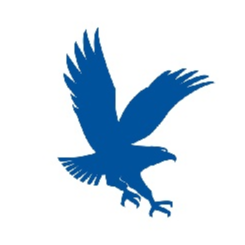
Arizona, USA • 50 Programmes
Tuition Fee : USD 44000 - 45000 / year
Top Places To Study In Canada
Province wise Popular university and colleges for Studying abroad.
- Universities in Alabama
- Universities in Alaska
- Universities in Arizona
- Universities in Arkansas
- Universities in California
- Universities in Colorado
- Universities in Connecticut
- Universities in Delaware
- Universities in District of Columbia
- Universities in Florida
- Universities in Georgia
- Universities in Guyana
- Universities in Hawaii
- Universities in Illinois
- Universities in Indiana
- Universities in Iowa
- Universities in Kansas
- Universities in Kentucky
- Universities in Louisiana
- Universities in Maine
- Universities in Maryland
- Universities in Massachusetts
- Universities in Michigan
- Universities in Minnesota
- Universities in Mississippi
- Universities in Missouri
- Universities in Montana
- Universities in Nebraska
- Universities in Nevada
- Universities in New Hampshire
- Universities in New Jersey
- Universities in New York
- Universities in North Carolina
- Universities in Ohio
- Universities in Oklahoma
- Universities in Oregon
- Universities in Other Any where
- Universities in Pennsylvania
- Universities in Rhode Island
- Universities in South Carolina
- Universities in South Dakota
- Universities in Tennessee
- Universities in Texas
- Universities in Utah
- Universities in Vermont
- Universities in Virginia
- Universities in Washington
- Universities in West Virginia
- Universities in Wisconsin
Popular English Language Proficiency Exams
Blogs and Articles
Study in USA Blogs & Articles
Master's in Computer Science in the USA
Updated on • Apr 08,2025 05:59 PM IST • USA
Updated on • Mar 11,2025 01:18 PM IST • USA
Updated on • Feb 19,2025 12:31 PM IST • USA
Updated on • Jan 21,2025 05:46 PM IST • USA
Updated on • Jan 16,2025 03:32 PM IST • USA
Updated on • Dec 31,2024 12:39 PM IST • USA
Exams Required to Study in USA
Updated on • Dec 31,2024 12:44 PM IST • USA
Masters in Project Management in USA
Updated on • Nov 26,2024 01:15 PM IST • USA
Updated on • Nov 25,2024 03:33 PM IST • USA
How to Get a Job in USA in 2025
Updated on • Apr 07,2025 03:19 PM IST • USA
Updated on • Jul 12,2024 05:59 PM IST • USA
Cost of Living in USA for Indian Students
Updated on • Jun 07,2024 05:57 PM IST • USA
Updated on • Jun 05,2024 04:27 PM IST • USA
1 Year Master of Science (MS) in USA
Updated on • May 30,2024 05:51 PM IST • USA
How to Get a Job in USA as an Indian Student?
Updated on • May 28,2024 01:22 PM IST • USA
Top MBA Programs in USA in 2024
Updated on • May 23,2024 05:56 PM IST • USA
Crack Your F1 US Student Visa Interview with Ease
Updated on • May 17,2024 01:43 PM IST • Study in Ireland
Updated on • May 03,2024 04:23 PM IST • USA
Master of Engineering Management in USA: Universities, Eligibility Criteria, Scholarships
Updated on • Mar 14,2024 03:42 PM IST • USA
MS in USA: Best Courses, Requirements, Cost, Scholarships, Jobs & More
Updated on • Mar 14,2024 10:23 AM IST • USA









